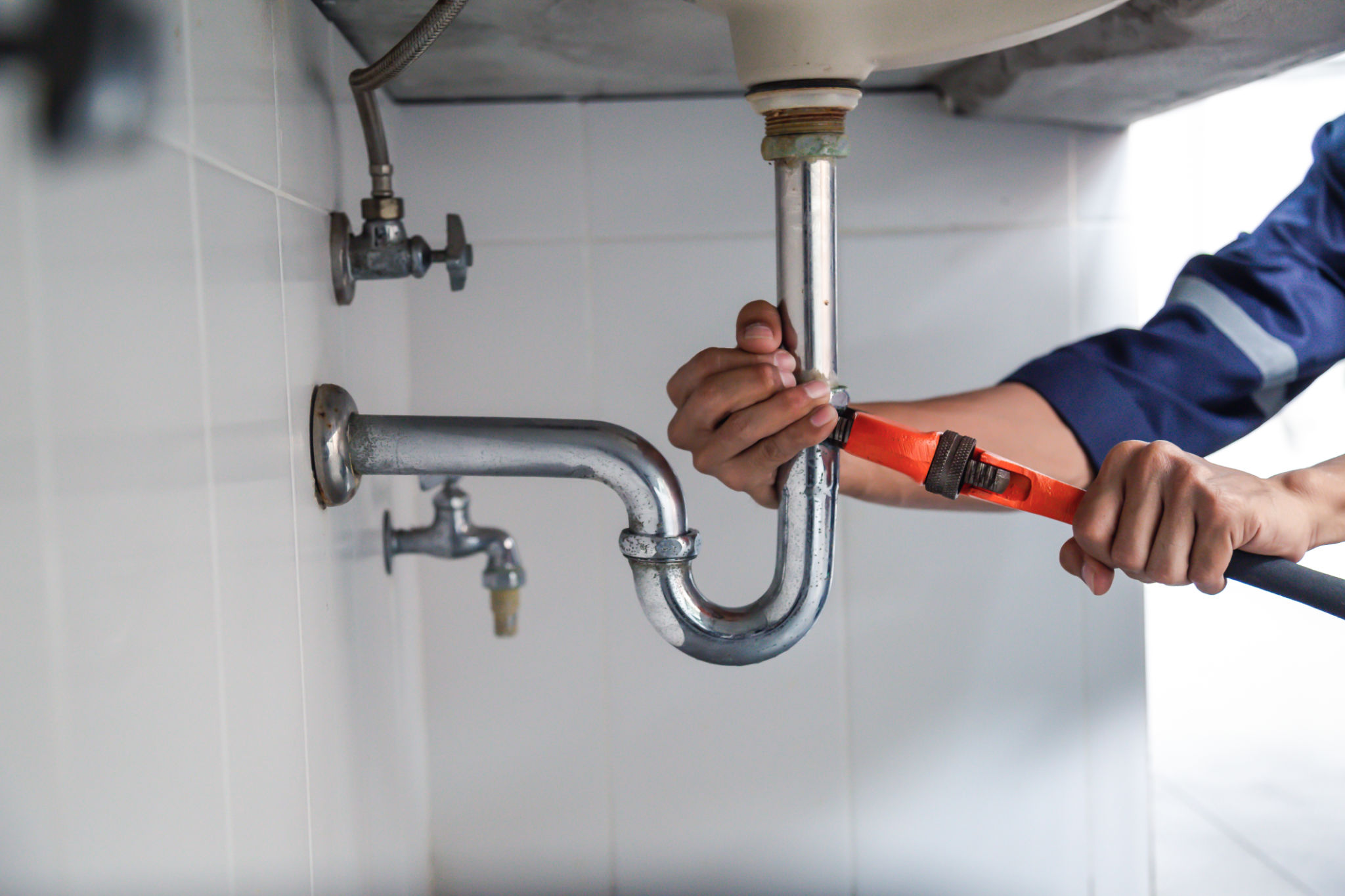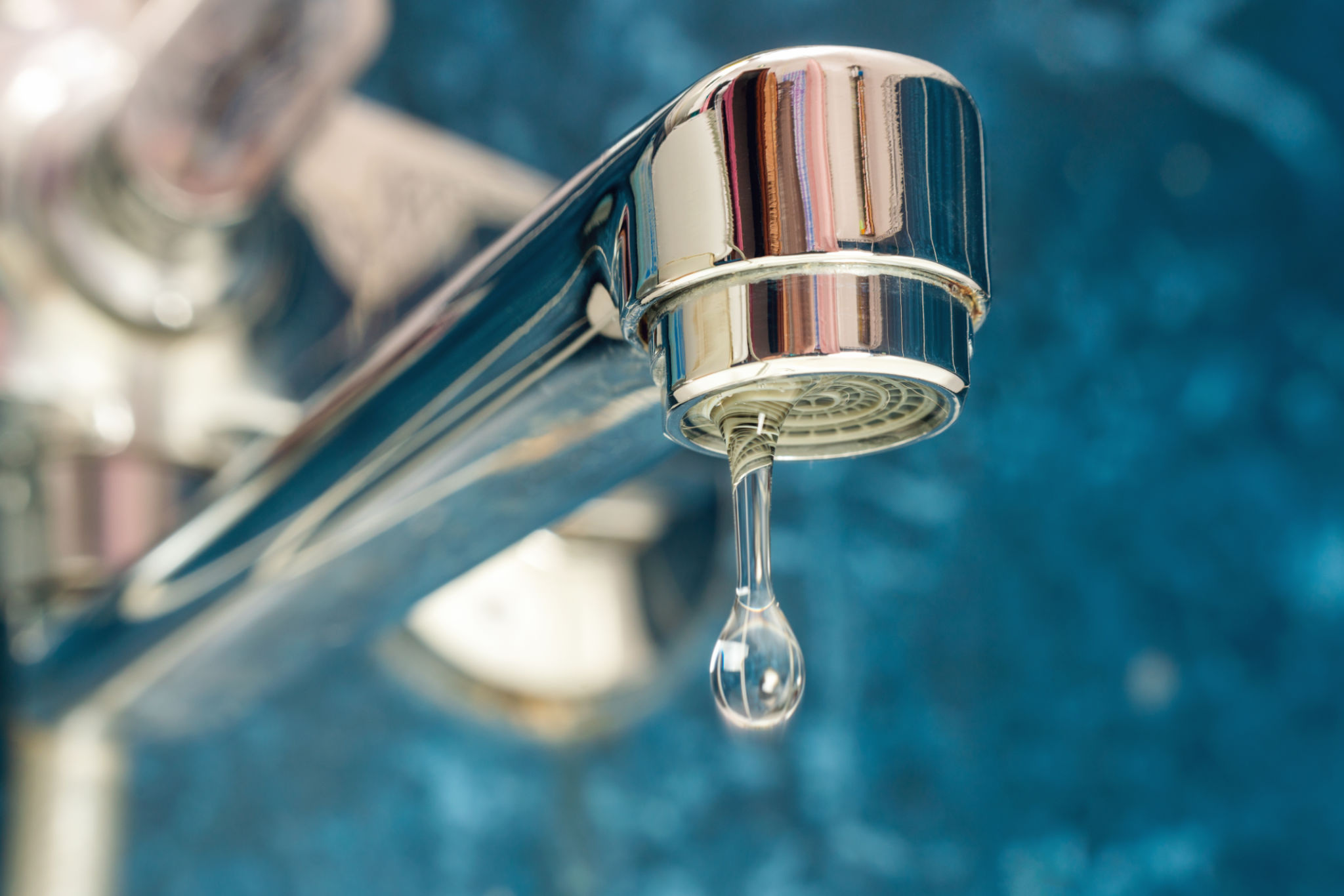A Guide to Seattle's Plumbing Regulations: What Homeowners Need to Know
Understanding Seattle's Plumbing Regulations
As a homeowner in Seattle, it's crucial to understand the city's plumbing regulations to ensure that your home remains safe and compliant. These regulations are designed to protect the health of residents and the environment by ensuring that plumbing systems are installed and maintained correctly. Failing to adhere to these rules can lead to costly fines and repairs.

Seattle's plumbing codes are based on the Uniform Plumbing Code (UPC), which is widely adopted across the United States. However, the city has specific amendments that you need to be aware of. These amendments address local environmental conditions and public health concerns, making it essential for homeowners to familiarize themselves with these unique requirements.
Permits and Inspections
One of the first things to understand about Seattle's plumbing regulations is the necessity of obtaining permits for certain types of work. Whether you're installing a new plumbing system or making significant modifications to an existing one, a permit is often required. This ensures that all work complies with local codes and standards.

Once you have the necessary permits, inspections are the next step. Inspections are crucial because they verify that the work has been completed correctly and safely. It's important to schedule these inspections at the appropriate stages of your project to avoid any delays or penalties.
Water Conservation and Efficiency
Seattle places a strong emphasis on water conservation, reflecting the city's commitment to environmental sustainability. Homeowners are encouraged to install water-efficient fixtures and appliances. The use of low-flow toilets, showerheads, and faucets can significantly reduce water usage and is often required under local plumbing codes.

Moreover, Seattle offers incentives and rebates for homeowners who choose to upgrade to water-efficient systems. Taking advantage of these programs can not only help the environment but also reduce your water bills.
Backflow Prevention
Backflow prevention is another critical aspect of Seattle's plumbing regulations. This involves installing devices that prevent contaminated water from flowing back into the clean water supply. These devices are especially important in areas where there's a risk of cross-connections between potable and non-potable water sources.
Homeowners need to ensure that backflow prevention devices are tested annually by a certified professional. Regular maintenance and testing are essential to ensure these devices function correctly and comply with Seattle's safety standards.
Hiring Licensed Professionals
When undertaking plumbing work in Seattle, it's imperative to hire licensed professionals. Licensed plumbers have the necessary training and expertise to navigate the city's complex plumbing codes and ensure that all work is up to standard. This not only guarantees quality workmanship but also protects you from potential liabilities.

Before hiring a plumber, verify their license and check reviews or references to ensure they have a good track record. Working with reputable professionals can save you time, money, and stress in the long run.
Conclusion
Understanding Seattle's plumbing regulations is essential for any homeowner looking to maintain a safe and compliant home. From obtaining the necessary permits and inspections to prioritizing water conservation and backflow prevention, these regulations play a crucial role in the city's infrastructure. By staying informed and working with licensed professionals, you can ensure your plumbing system meets all local requirements.